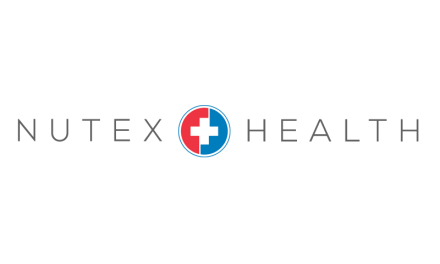
The new look of CPR: Automated Medical Device is shown to be as effective as High-Quality Manual CPR
Gold Cross Ambulance:
MENASHA, WI – Gold Cross Ambulance paramedics are experts in delivering cardiopulmonary resuscitation (CPR) to patients experiencing sudden cardiac arrest (SCA). Yet even with their extensive training, frequent use of the life-saving skill, and sheer physical strength, Gold Cross paramedics welcomed the opportunity to improve their delivery of CPR.
For three years, Gold Cross paramedics participated in an international trial of a device that delivers CPR compressions automatically. The recently-published results of the trial show that compressions delivered by the ZOLL AutoPulse® Non-invasive Cardiac Support Pump were equivalent to high-quality manual compressions. The trial was conducted in three countries on more than 4,200 patients.
“Gold Cross actually used the AutoPulse prior to our participation in the trial,” said Dr. Mark Westfall, Gold Cross Ambulance Service medical director. “It’s FDA-approved, and we knew it worked well. Now, we know just how well.”
Approximately 400,000 people die each year from sudden cardiac arrest in the United States and Canada, and as many as one million likely die worldwide. CPR is the gold standard for emergency care, and yet less than ten percent of sudden cardiac arrest patients survive. “We want success for more patients,” explained Dr. Westfall. “When we were asked to participate in the AutoPulse trial, we agreed. It was an opportunity to provide better care.”
The AutoPulse is an automated, portable device with an easy-to-use, load-distributing LifeBand® that squeezes the entire chest, improving blood flow to the heart and brain during SCA. It automatically calculates the size, shape and resistance of a patient’s chest, responding with the right compressions for that patient. And because it operates on battery power, it allows paramedics to perform other life-saving interventions or to transport a patient without missing a beat.
“Delivery of manual CPR can be inconsistent,” said Steve Krantz, Gold Cross’s site coordinator for the trial. “Significant decreases in quality have been recorded after as little as one minute. The physical challenges associated with providing consistent manual CPR are recognized as a key factor limiting CPR quality.”
The study compared the rates of survival among out-of-hospital cardiac arrest of patients treated with the AutoPulse to those receiving manual CPR. Patients were randomized for the blinded study. Gold Cross achieved an exact 50-50 split among manual CPR and AutoPulse patients.
“We were very careful to never jeopardize a patient’s chances for recovery,” explained Dr. Westfall. “We measured the effectiveness of both the manual CPR and the AutoPulse compressions. Extensive training in both skills enabled our paramedics to deliver high quality care to every patient. We also obtained informed consent from family members. We were completely transparent with all our patients.”
All together, the trial included sites in the United States, Austria and the Netherlands. More than 500 devices were deployed and more than 5,000 medics were trained in its use.
One of the unique facets of the trial’s design was a focus on the delivery of high-quality manual CPR, which was used as the control group. Investigators closely tracked CPR fraction, the percentage of time that compressions are being delivered during the resuscitations, as a marker of CPR quality. The CPR fractions reported in both arms of the trial were very high for a large, multicenter prospectively randomized study. The resulting overall survival rate in the Circulation Improving Resuscitation Care (CIRC) trial was also comparatively higher.
“Gold Cross is proud and honored to have participated in ZOLL Medical Corporation’s CIRC trial,” said Jack Hill, chief executive officer of Gold Cross. “This clinical research trial is just another example of our commitment to staying current with the latest in EMS care.”
Gold Cross Ambulance provides 911 ambulance services to more than 260,000 people in 1,200 square miles of portions of Outagamie, Winnebago, Calumet and Waupaca counties, responding to more than 17,000 calls each year. It also brings EMS expertise to the region through its management services, making it the only not-for- profit, regional ambulance service in the state. To learn more about Gold Cross Ambulance, visit www.goldcross.org.
-30-





